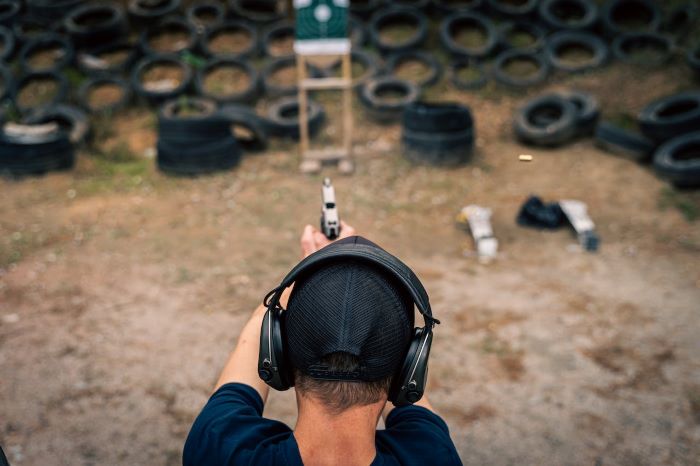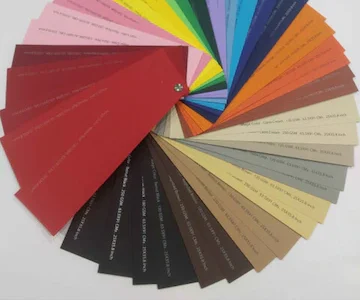In the realm of personal defense, concealed carry firearms have become increasingly popular. The choice of the right firearm for concealed carry is crucial, not just for comfort and convenience, but also for effectiveness in a self-defense situation. Here we will discuss the key factors to consider when selecting the best concealed carry firearm.
Understanding Concealed Carry Needs
Before diving into the specifics of firearms, it’s important to assess your unique needs. Consider factors like your body type, clothing preferences, daily activities, and where you plan to carry the firearm. Someone who wears loose clothing may be able to conceal a larger firearm compared to someone who wears more fitted clothing. Similarly, if you sit most of the day, you might need a different carry position than someone who is often standing or moving.
Size and Weight
The size and weight of a firearm are paramount in concealed carry. A smaller, lighter firearm is easier to conceal and carry comfortably for extended periods. Subcompact and micro-compact handguns, like the M&P Shield 9mm, are popular for this reason. However, smaller guns can be more challenging to shoot accurately and comfortably, especially for those with larger hands or less shooting experience.
Caliber Considerations
The caliber of the firearm is a critical consideration. Common calibers for concealed carry include 9mm, .380 ACP, .40 S&W, and .45 ACP. While larger calibers like the .45 ACP offer more stopping power, they also result in heavier recoil. The 9mm is a popular choice due to its balance between stopping power and manageable recoil, along with its higher capacity compared to larger calibers.
Reliability and Maintenance
A concealed carry firearm must be reliable. In a high-stress situation, there’s no room for malfunction. Research and choose firearms known for their reliability. Additionally, regular maintenance and familiarity with your firearm are essential. A more complex firearm may offer more features, but simplicity and ease of maintenance can be more important in a self-defense situation.
Ergonomics and Fit
How the firearm feels in your hand is crucial. The grip should be comfortable, and you should be able to reach all the controls easily. Adjustable grips or different grip sizes can make a significant difference. A proper fit enhances accuracy and confidence in handling the firearm.
Concealment Method
The method of concealment is as important as the firearm choice. Options include inside-the-waistband (IWB) holsters, ankle holsters, shoulder holsters, and more. The choice depends on personal comfort, ease of access, and the ability to conceal effectively. A good holster should secure the firearm while allowing for quick, smooth draw.
Practice and Training
Choosing the best firearm is just the beginning. Regular practice and training are crucial. Familiarize yourself with the firearm’s operation, including loading, unloading, and cleaning. Practice shooting in various scenarios and consider professional training courses.
Legal Considerations
Finally, understand the legal implications of carrying a concealed firearm. Laws vary by state and country, and it’s important to be well-informed about the regulations in your area, including permits, where you can legally carry, and how to interact with law enforcement while carrying.
Conclusion:
Selecting the best concealed carry firearm is a personal decision that requires careful consideration of various factors. Balance the need for concealment with comfort, effectiveness, and legal requirements. Regular practice and responsible handling are as important as the firearm choice itself. Remember, the best concealed carry firearm is one that you can carry comfortably, use effectively, and handle responsibly.




















